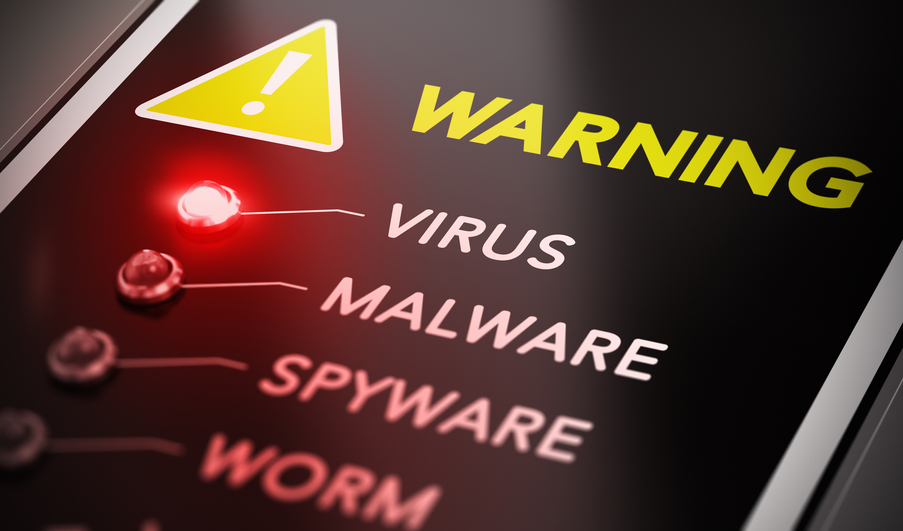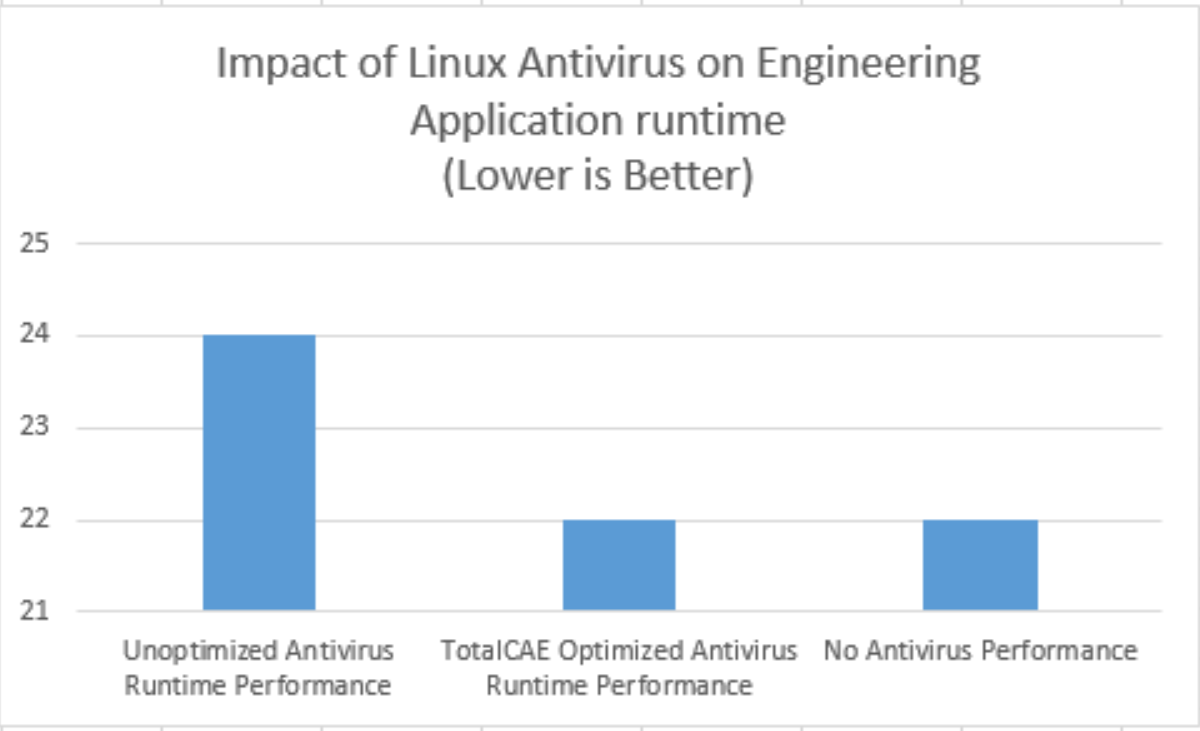During a meeting with a potential customer today, the corporate IT department asked if antivirus was being used on our TotalCAE HPC cluster appliance.
This is a common corporate policy driven historically by Windows machines. Linux is not immune to viruses or malware, though the risk is lower on our HPC cluster appliance primarily because of the nature of the appliance is to run calculations through batch systems. There is no risky entry point from an engineer clicking on emails, surfing the web, or other common phishing entry points for viruses and malware.
The most common case is that Linux systems may house Windows viruses/malware when the Linux storage is accessed from Windows by engineers for storing files, presentations and other data.
Enterprise TotalCAE support plans include an uplift for TotalCAE tuned high performance antivirus engine that detects and cleans viruses, trojans, and other malware both for Linux and any hosted Windows malware that may be on exported drives to Windows workstations. If any issue is detected, a ticket is opened with our help desk and the potential issue is investigated by our security experts.

TotalCAE integrates and optimizes our antivirus engine into our private and public cloud HPC cluster appliances to ensure antivirus does not impact your engineering application performance.
TotalCAE performed a simple benchmark using a popular engineering application (Abaqus/Explicit) running no antivirus, unoptimized antivirus, and TotalCAE optimized antivirus to show the performance impact of each scenario.
The results below show a worst case 10% impact to job performance on this model and application combination. After optimization by TotalCAE however, there is NO performance impact to the application when using Antivirus.

In summary, running out of the box antivirus without proper HPC integration and tuning definitely can impact engineering application performance. When properly tuned, integrated, and managed by TotalCAE, the impact to engineering application performance is negligible, and can mitigate the unlikely introduction of a Linux virus.
